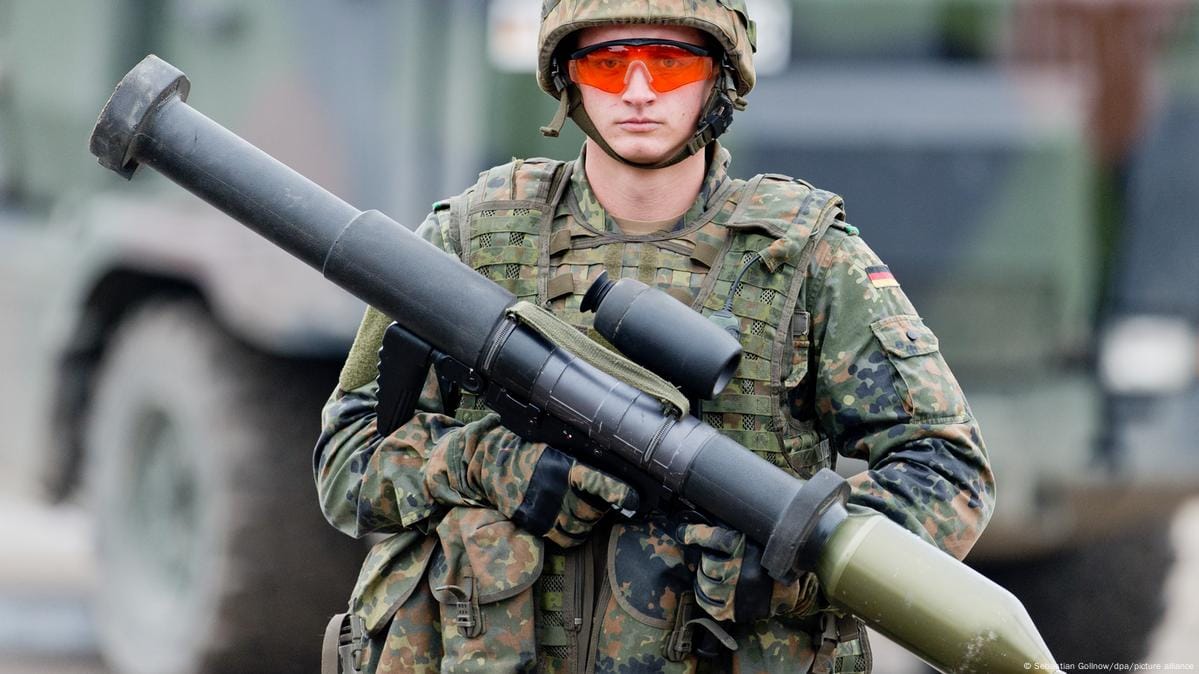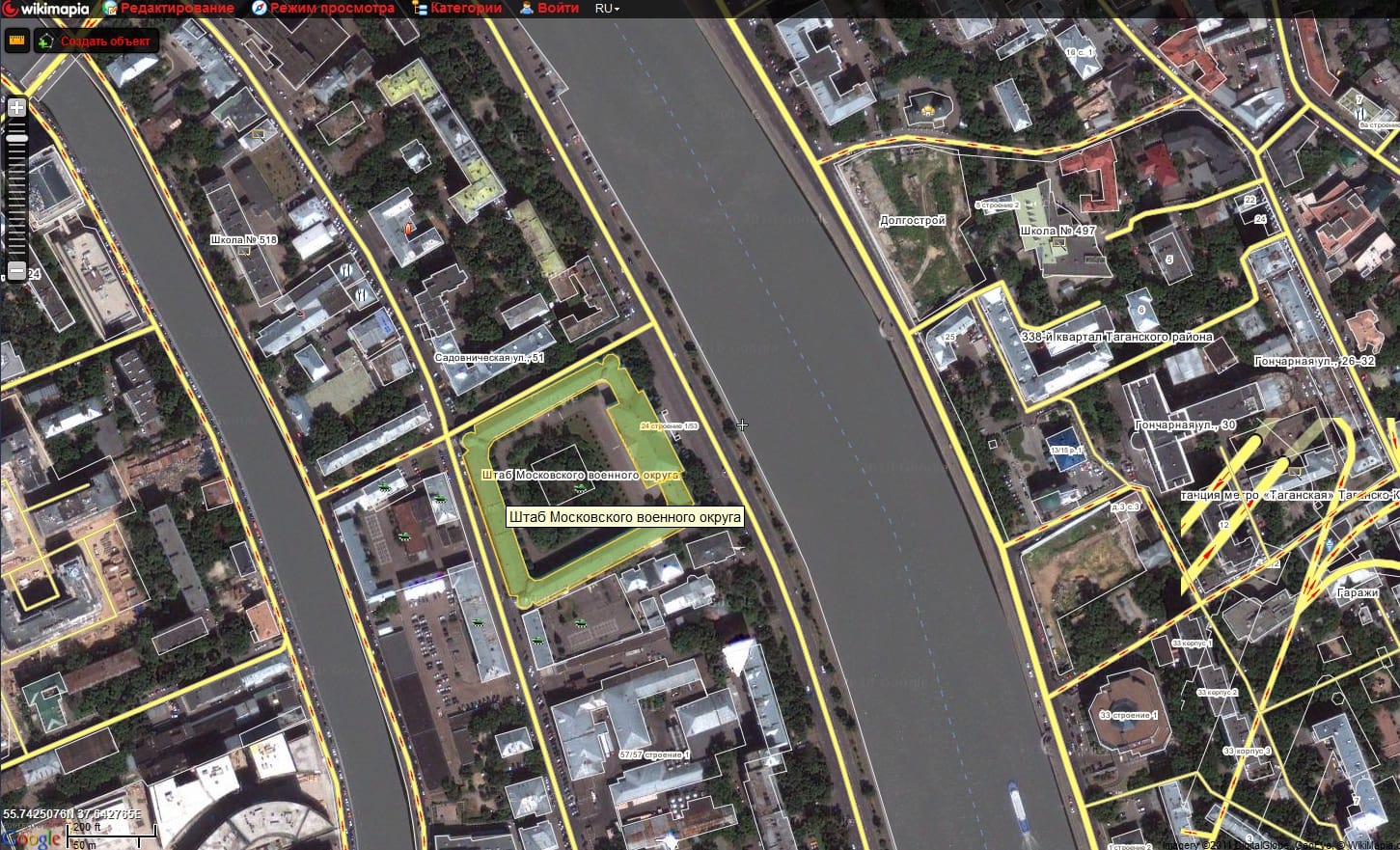In light of growing geopolitical tensions, particularly in Eastern Europe and the Indo-Pacific region, Germany has announced a substantial increase in its defense budget. The German government plans to allocate an additional €100 billion ($120 billion) to its armed forces, marking a historic shift in its defense policy. This decision comes as a response to the ongoing conflict in Ukraine and the perceived threats from Russia, as well as China’s assertive military posture in the region.
Chancellor Olaf Scholz emphasized the need for a robust defense strategy, stating, “We must invest in our security and ensure that our armed forces are equipped to meet current and future challenges.” The increase in spending will focus on modernizing the Bundeswehr (German Armed Forces), enhancing capabilities in areas such as cyber defense, air defense systems, and naval power.
Germany’s commitment to NATO obligations is also a driving factor behind this budget increase. The country aims to meet the alliance’s target of spending 2% of its GDP on defense by 2024. This move has been welcomed by NATO allies, who have urged member states to bolster their military readiness in the face of rising global tensions.
The decision to ramp up defense spending has sparked discussions within Germany about the balance between military investment and social spending. Critics argue that funds could be better allocated to address pressing domestic issues such as healthcare and education. However, proponents of the increase assert that a strong defense is essential for national and European security.
As Germany embarks on this new defense strategy, it is also looking to strengthen partnerships with other NATO members and enhance joint military exercises. The government is committed to ensuring that the Bundeswehr is not only well-funded but also well-prepared to respond to any potential threats.
In conclusion, Germany’s decision to increase its defense spending reflects a significant shift in its military policy, driven by the need to address current geopolitical challenges. As the situation evolves, the implications of this budget increase will be closely monitored both domestically and internationally.



